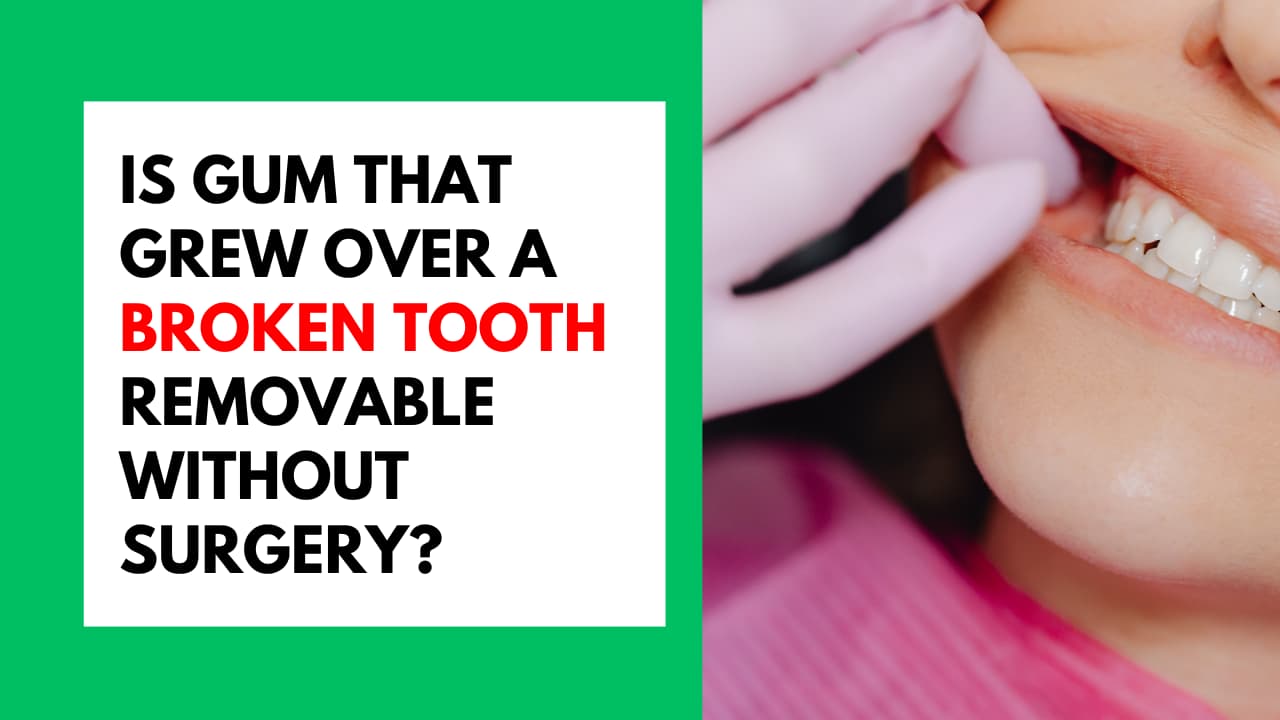After the immense popularity of dental implants. The internet has been buzzing with the question, “Can dental implants cause brain damage?” No, they are completely safe. However, there is a small risk of nerve problems, especially with implants in the lower jaw. Using advanced imaging and experienced dental surgeons helps reduce this risk.
Expert in This Article
Board Certified & Diplomat of the American Board of Periodontology & Surgical Dental Implants.
What is Nerve Damage?
Nerve damage from dental implants can cause numbness, pain, or tingling in your mouth, gums, lips, or chin. This happens if the implant is drilled too deep into the lower jaw. This can accidentally injure the inferior alveolar nerve. Unfortunately, these nerve injuries are often painful and usually permanent.
Symptoms of Nerve Damage from Dental Implants
According to Dr. Bader Abdeen of Cypress Periodontics and Dental Implants, “Acknowledging the risks associated with dental procedures is a requirement for both practitioners and patients to minimize complications like inferior alveolar nerve injury.” The signs of nerve damage after dental implants include the following:
• Numbness: Loss of feeling in the chin, lower lip, or gums.
• Pain: Discomfort or pain in the affected area, which can range in severity.
• Tingling: A sensation of pins and needles in the chin or lower lip.
• Burning Sensations: A burning feeling in the chin, lips, or gums.
• Drooling: Difficulty controlling saliva due to changes in sensation and muscle function.
• Impaired Speech: Trouble speaking clearly because of numbness or discomfort.
Treatment for Nerve Damage After Dental Implant Surgery
Brain damage is a serious potential complication of post-dental implants. Therefore, quick action is necessary. Possible treatments for brain damage due to dental implants include:
Observation
In mild cases where the nerve isn’t completely severed, the injury might heal on its own with monitoring. The body’s natural healing process can sometimes repair minor nerve damage without additional treatment.
Medications
Pain can be managed with over-the-counter pain relievers or prescribed medications. Non-steroidal anti-inflammatory drugs (NSAIDs) like ibuprofen or naproxen can reduce inflammation. For more severe pain, prescription medications like gabapentin or pregabalin can target nerve pain specifically.
Stellate Ganglion Block
Corticosteroids and vitamin B12 can work through a stellate ganglion block to manage pain. This involves injecting a local anesthetic and anti-inflammatory medication into the stellate ganglion, a nerve group in the neck.
Near-Infrared Therapy
Low-level laser therapy with near-infrared light can promote nerve regeneration. This non-invasive treatment uses specific wavelengths of light to stimulate cellular processes, encouraging the growth and repair of damaged nerve fibers.
Warm Compresses
Using warm compresses at home can provide relief. The heat helps increase blood flow and relax muscles. This can reduce discomfort from nerve damage. Patients can apply a warm, damp cloth or a heating pad on a low setting for short periods, being careful to avoid burns.
Surgical Intervention
“In severe cases where the nerve is completely compressed, surgery might be the only solution. “says Dr. Bader Abdeen. Surgical decompression or nerve repair involves removing scar tissue that is pressing on the nerve or repairing damaged nerve fibers.
Measures to Stop Dental Implants from Causing Brain Damage
The dental community is very aware of the risk of nerve damage during implant placement. Therefore, dental professionals use advanced imaging techniques like cone beam computed tomography (CBCT) to prevent this.
CBCT provides a 3D view of the oral anatomy as it identifies the nerve pathways. This helps oral surgeons plan the surgery more accurately. Dr. Bader Abdeen highlights the importance of using advanced technologies like CBCT to ensure the safety and success of dental implant procedures.
Expertise Matters
The skill of oral surgeons or implant dentists is key to preventing nerve complications. Their expertise in performing precise surgeries ensures that patient comfort and well-being are a top priority.
Encouraging Professional Consultation
Anyone considering dental implants should consult with experienced dental professionals. Open discussions about the potential risks and benefits can help individuals make informed decisions. If any nerve-related symptoms appear after implant surgery, seeking immediate dental care is of utmost importance.
Apart from Neurological Concerns
It is also important to consider other aspects of dental implants. Proper post-surgery care, good oral hygiene, and regular brushing are all responsible for their success. Staying committed to regular dental checkups, maintaining careful oral hygiene habits, and consistent dental advice can help you achieve the desired results in the long run.
Wrapping Up
If you are also concerned, like many others, that “Can dental implants cause brain damage?” You can relax if you are getting it done by an experienced surgeon. “Working with skilled dental experts, following post-surgery care instructions, and having regular check-ups will help you make the most of your dental implants confidently.” Advises Dr. Bader Abdeen.

Annie Edith is an experienced journalist and content creator with a strong passion for health and wellness. She takes a unique approach to her writing, exploring the latest trends in Dental, Fitness, and mental well-being, while providing readers with informative, research-based articles.





